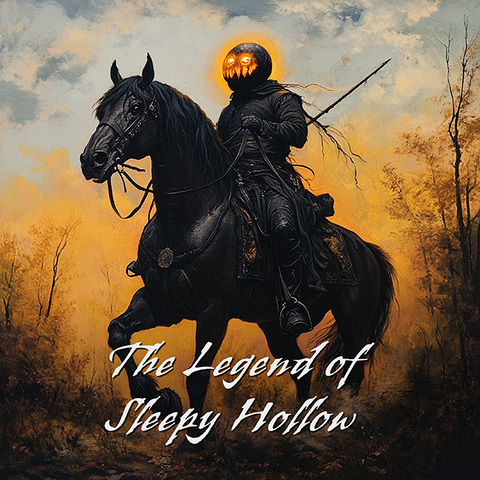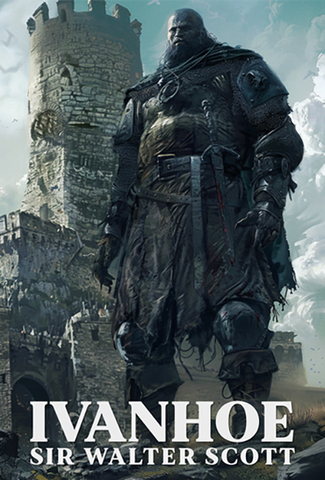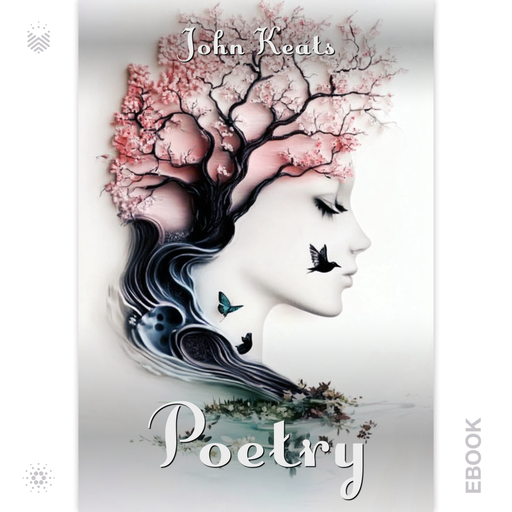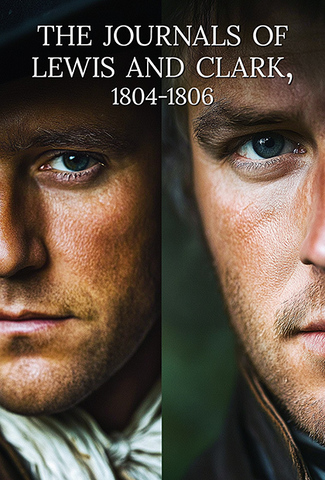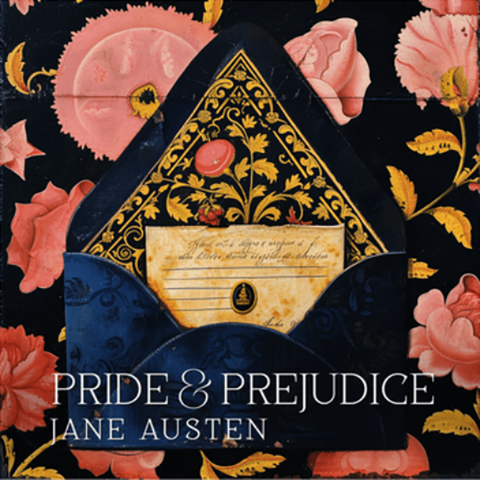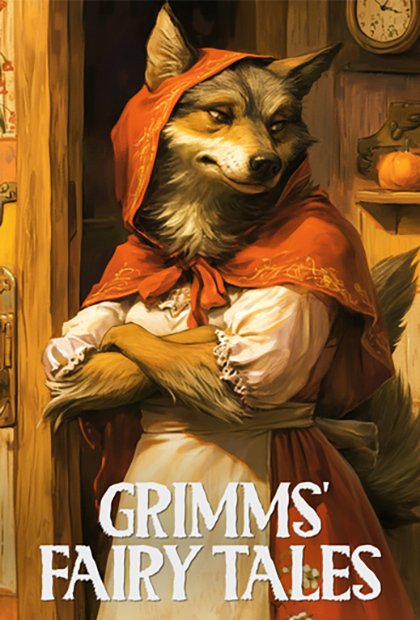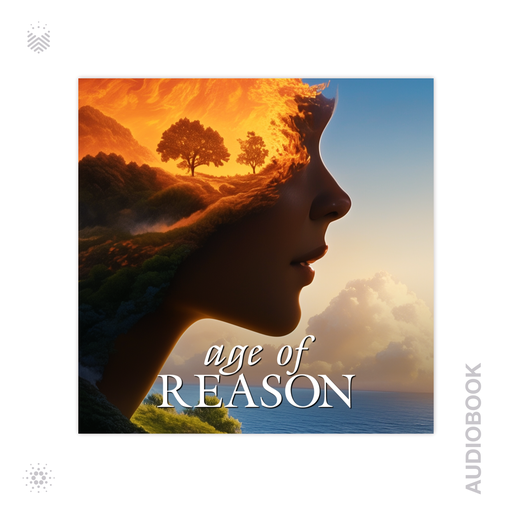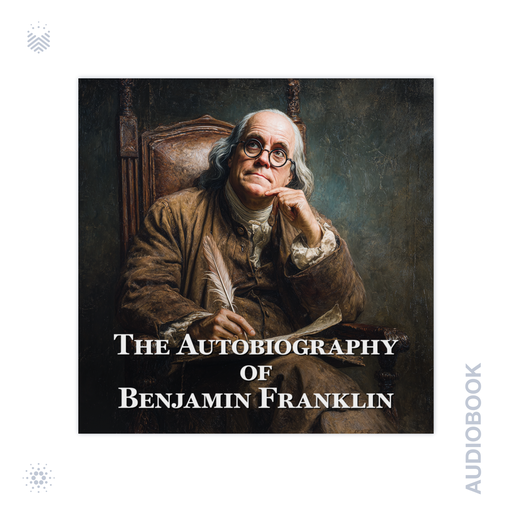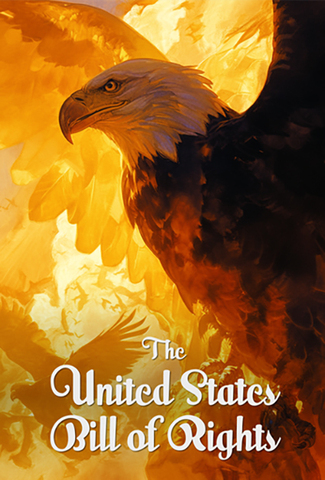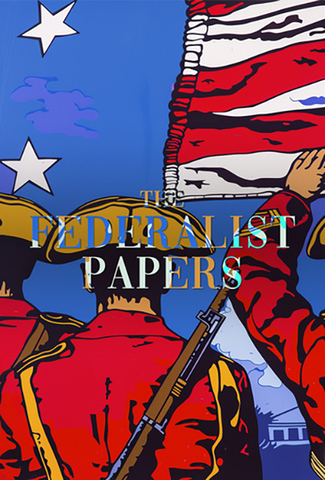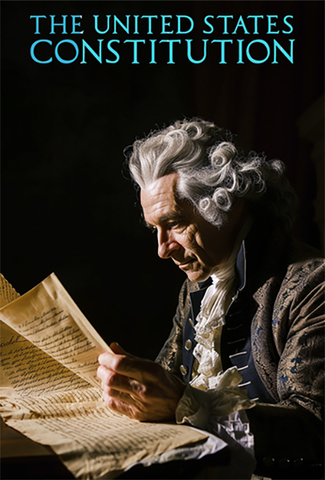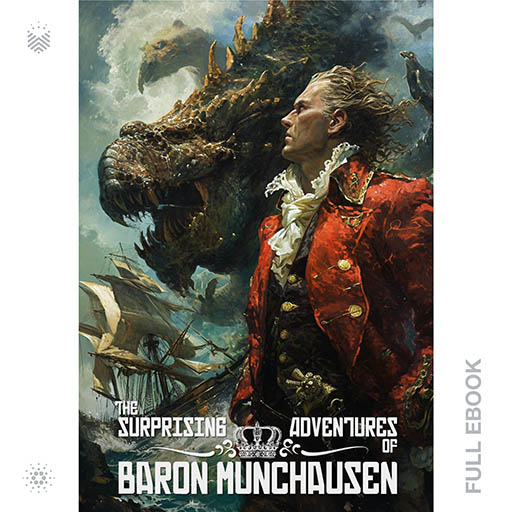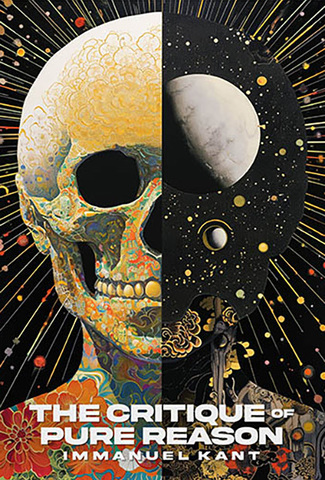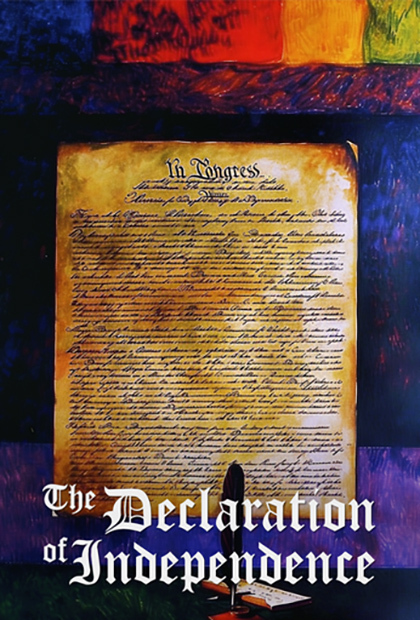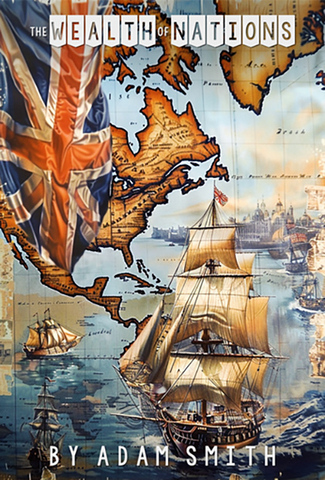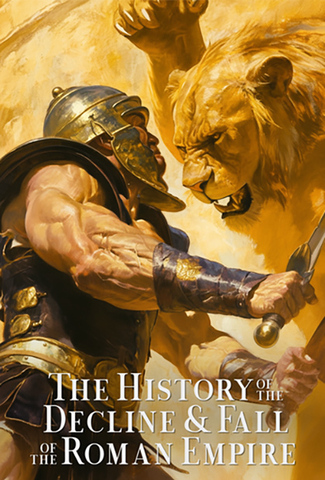by Washington Irving
In the shadowy town of Sleepy Hollow, where whispers of the supernatural haunt every corner, a dark legend stirs fear and fascination. The Legend of Sleepy Hollow by Washington Irving unfolds in this eerie setting, a place defined by ghostly apparitions and lingering superstitions.
Read More
by Walter Scott
Walter Scott’s “Ivanhoe” thrusts readers into the tumultuous world of medieval England, where chivalry, honor, and political intrigue collide. Set against the backdrop of the late 12th century, the novel follows the adventures of the noble knight Ivanhoe as he returns from the Crusades to find his homeland torn apart by conflict. Through daring feats of valor and a romantic entanglement with the beautiful Lady Rowena, Ivanhoe navigates the treacherous landscape of power struggl… Read More
by John Keats
Immerse yourself in the evocative world of John Keats – Poetry, a collection that captures the essence of Romanticism through the masterful verses of one of England’s most cherished poets.
Read More
by Mary Shelley
This is your chance to own the first release in the Book Token Classics: Monster Editions. Frankenstein by Mary Shelley is considered by many scholars to be the first official science-fiction novel ever written. Frankenstein has had considerable influence on literature and on popular culture, spawning a complete genre of horror stories, films, and plays.
Read More
by Unknown
“Beowulf,” an epic poem composed in Old English, presents a rich tapestry of heroism, valor, and the struggle between good and evil. Set in Scandinavia, the poem introduces Beowulf, a noble warrior renowned for his unmatched strength and courage. The story unfolds in a world filled with formidable monsters, ancient feuds, and grand halls where warriors gather to celebrate their victories and share tales of their exploits. The vivid imagery and powerful language transport readers to a… Read More
by Unknown
This is your chance to own the fifth release in the Book Token Classics: Monster Editions. Beowulf is an Old English epic poem consisting of 3,182 alliterative lines. It is one of the most important and most often translated works of Old English literature. Scholars call the anonymous author the “Beowulf poet”. The story is set in pagan Scandinavia in the 6th century.
Read More
by Jane Austen
“Emma” is a novel written by Jane Austen, first published in 1815. It is one of Austen’s most well-known works and is considered a classic of English literature. The novel is a comedy of manners and a satire of the social class and gender roles of the early 19th century.
Read More
by Meriwether Lewis, William Clark
The Journals of Lewis and Clark are a thrilling firsthand account of one of the most daring expeditions in American history. Meriwether Lewis and William Clark, tasked by President Thomas Jefferson, set out in 1804 to explore the vast and uncharted western territories of the United States. Their mission was not only to map the newly acquired Louisiana Territory but also to establish relations with Native American tribes and uncover a potential route to the Pacific Ocean. Their writings reveal th… Read More
by Jane Austen
“Pride and Prejudice” by Jane Austen is a captivating novel that immerses readers in the complex social dynamics of early 19th-century England. Austen’s sharp wit and keen observation bring to life the world of the Bennet family, particularly the headstrong and independent Elizabeth Bennet, whose journey forms the heart of the novel. As Elizabeth navigates the intricacies of courtship and marriage in a society obsessed with social status and propriety, readers are drawn into a … Read More
by Johann David Wyss
“The Swiss Family Robinson” is a classic adventure novel written by Swiss author Johann David Wyss. It was first published in 1812 and has since become a beloved children’s and young adult’s book, as well as a timeless piece of literature.
The story revolves around the Robinson family, who are shipwrecked on a deserted tropical island during a storm. The family consists of William Robinson, his wife Elizabeth, and their four sons: Fritz, Ernest, Jack, and Franz. The novel is narrated by … Read More
by Jacob Grimm, Wilhelm Grimm
“Grimms’ Fairy Tales,” compiled by the renowned brothers Jacob and Wilhelm Grimm, this beloved anthology brings together a treasure trove of German folklore and fairy tales. Originally published in 1812 as “Children’s and Household Tales,” the collection showcases a rich tapestry of oral traditions passed down through the ages.
Read More
by Percy Bysshe Shelley
In “The Necessity of Atheism,” Percy Bysshe Shelley directly challenges the foundations of religious belief. Through lucid argumentation and sharp rhetoric, Shelley invites readers to confront their beliefs and embrace a worldview grounded in skepticism and scientific inquiry. This seminal work not only sparked controversy and censorship in its time but also continues to resonate today, challenging readers to reconsider the nature of belief and the role of religion in society.
… Read More
by Thomas Paine
The Age of Reason by Thomas Paine grabs readers with a bold proposition: can faith be reconciled with logic and reason, or must it be confined to blind tradition? Paine, a staunch advocate for deism, launches a thorough critique of organized religion, arguing that belief in God should come from reasoned thought and observation of nature, not from ancient scriptures or church doctrines.
Read More
by Benjamin Franklin
The Autobiography of Benjamin Franklin offers a firsthand account of one of America’s most influential Founding Fathers. Franklin writes with clarity, wit, and purpose, revealing how he shaped his life through reason, hard work, and self-improvement. His story not only chronicles personal triumphs and struggles but also provides a blueprint for personal growth and civic responsibility.
Read More
The United States Bill of Rights, ratified on December 15, 1791, firmly establishes the fundamental rights and liberties of American citizens. Crafted by James Madison, these first ten amendments to the Constitution respond directly to calls from several states for greater constitutional protection for individual freedoms. The Bill of Rights outlines specific prohibitions on governmental power, ensuring that citizens retain essential rights that the government cannot infringe upon.
… Read More
by Alexander Hamilton, James Madison
The Federalist Papers also known as The Federalist, comprising of 85 articles and essays, were written by Alexander Hamilton, James Madison, and John Jay between 1787 and 1788. These essays, published under the pseudonym “Publius,” aimed to promote the ratification of the United States Constitution. Addressing various aspects of government structure and individual rights, the papers serve as a foundational text in American political thought.
… Read More
by We the People
The United States Constitution is the foundational legal document that establishes the framework for the American government and outlines the rights of its citizens. Drafted during the Constitutional Convention in Philadelphia in 1787, it was ratified by the states in 1788 and went into effect in 1789.
Read More
by Rudolf Erich Raspe
“The Surprising Adventures of Baron Munchausen” is a collection of tall tales and fantastical stories attributed to the German nobleman Baron Munchausen. The character Baron Munchausen was based on a real person, Hieronymus Karl Friedrich, Freiherr von Münchhausen, who lived in the 18th century.
Read More
by Immanuel Kant
“The Critique of Pure Reason” is a philosophical work by Immanuel Kant, first published in 1781. It is one of Kant’s major works and is considered a cornerstone in modern Western philosophy. The book addresses fundamental questions about human knowledge, metaphysics, and the nature of reality.
Read More
The Articles of Confederation, ratified in 1781, served as the first constitution of the United States, following the nation’s declaration of independence from British rule. Crafted by the Second Continental Congress, this document aimed to provide a framework for governance among the newly formed states. However, its structure reflected a cautious approach to central authority, as the colonists were wary of repeating the abuses they had experienced under British rule.
… Read More
by Thomas Jefferson, Benjamin Franklin
The Declaration of Independence, adopted on July 4, 1776, marks a pivotal moment in American history. Thomas Jefferson, tasked with drafting the document, captured the colonies’ collective resolve for freedom from British rule. The Continental Congress debated and revised Jefferson’s draft, ultimately producing a powerful proclamation that articulated the colonies’ desire for independence and their grievances against King George III.
… Read More
by Adam Smith
“The Wealth of Nations” by Adam Smith revolutionized economic thought and remains a cornerstone of modern economics. In this seminal work, Smith explores the principles of capitalism, arguing that free markets, competition, and self-interest drive economic prosperity. Smith’s insights into the division of labor, the invisible hand of the market, and the role of government intervention continue to shape economic policy and theory to this day.
… Read More
by Adam Smith
“The Wealth of Nations” by Adam Smith revolutionized economic thought and remains a cornerstone of modern economics. In this seminal work, Smith explores the principles of capitalism, arguing that free markets, competition, and self-interest drive economic prosperity. Smith’s insights into the division of labor, the invisible hand of the market, and the role of government intervention continue to shape economic policy and theory to this day.
… Read More
by Edward Gibbon
“The History of the Decline and Fall of the Roman Empire” by Edward Gibbon is a monumental work that traces the history of one of the most significant civilizations in human history. Spanning six volumes, Gibbon’s magisterial narrative offers a comprehensive examination of the rise, zenith, and eventual collapse of the Roman Empire.
Read More

